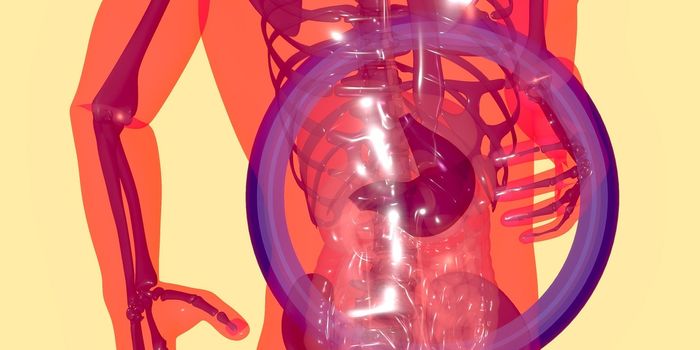Cardiac Biomarkers Also Predict Cancer Risk
A recent publication in JACC: Advances shows a previously unrecognized link between cardiac disease and cancer. The research focused on cardiac biomarkers, which are biological molecules that can provide information about the body or a specific tissue of interest. Biomarkers can identify biological processes and provide information on distinguishing between normal and abnormal occurrences. Additionally, doctors can monitor changes in specific biomarkers to assess how well an individual is responding to treatment. Many diseases and illnesses have biomarkers associated with them, which can help inform treatment decisions or even provide diagnostic information.
Oncologists not only pay attention to cancer biomarkers but may also check a patient’s cardiac biomarkers before or during cancer treatment. Cardiac biomarkers, including high-sensitivity cardiac troponin T (hs-cTnT) and N- terminal pro-B-type natriuretic peptide (NT-proBNPv), can identify cancer patients at high risk of experiencing cardiovascular toxicity while undergoing cancer treatment. However, to date, no one has investigated the link between these cardiac biomarkers and subsequent cancer risk. The intriguing possibility of such a connection led a team of researchers to conduct a study examining the connection between cancer risk and baseline levels of hs-cRnT and NT-proBNP.
The researchers utilized the Multi-Ethnic Study of Atherosclerosis (MESA) cohort, a medical research study supported by the National Heart Lung and Blood Institute (NHLBI) and National Institutes of Health (NIH). MESA includes over 6,000 individuals from six communities in the United States (New York, NY; Baltimore, MD; Chicago, IL; Los Angeles, CA; Twin Cities, MN; and Winston-Salem, NC).
The study included data from 6,244 participants who self-reported as both cancer- and cardiovascular disease-free at the time of enrollment. On average, participants were 61 years old, and just over half were female. The analysis included a median follow-up period of nearly 18 years, during which 820 cancer diagnoses occurred.
Analysis revealed a higher incidence of cancer for participants with higher measurements of cardiac biomarkers at baseline. The link between cardiac biomarkers and cancer risk appeared particularly strong in those with the highest biomarker readouts. In this cohort, sex, race, and ethnicity did not appear to influence the association between cardiac biomarkers and future cancer risk.
The authors conclude that in the MESA cohort, elevated baseline levels of hs-cTnT and NT-proBNP serve as good predictors of increased cancer risk. These findings suggest that monitoring cardiac biomarkers could help identify patients at high risk of developing cancer. Developing strategies to improve education and cancer screening for these individuals could significantly impact survivorship by decreasing the rate of late-stage cancer diagnoses.
Sources: JACC Adv, Heart Views, Arch Intern Med, J Am Heart Assoc









